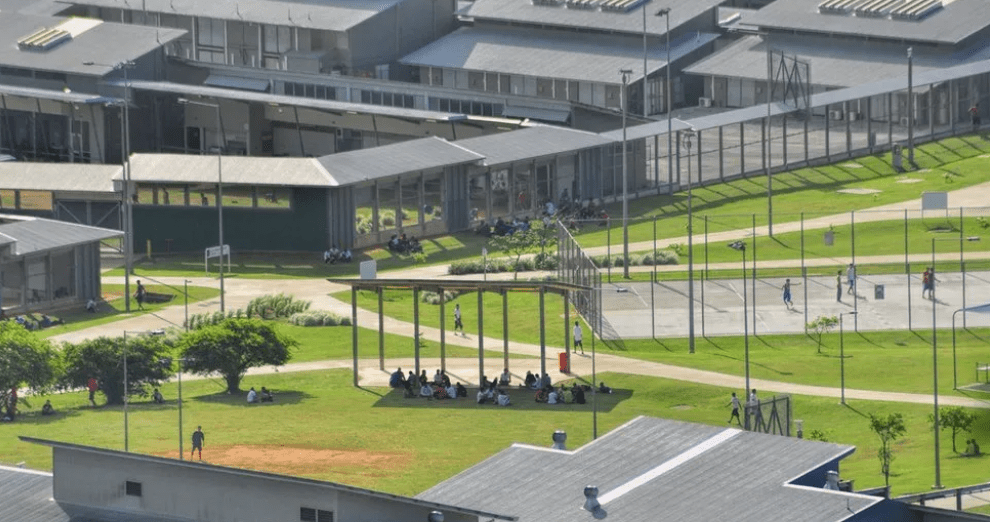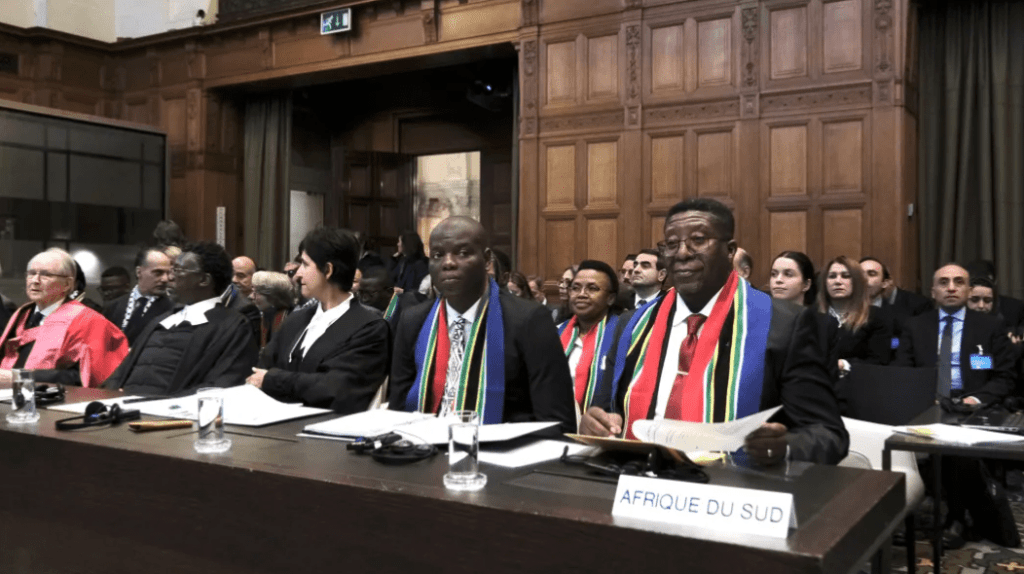A stateless Kurdish man, referred to as DVU18, who was recently released from immigration detention, is pursuing legal action seeking damages for alleged false imprisonment.
This marks the first case arising from the high court’s decision that indefinite detention is against the law.
DVU18, described as intellectually impaired, has initiated legal proceedings against Immigration Minister Andrew Giles, represented by a litigation guardian.

If successful, this case could set a precedent for 149 others released, potentially enabling them to seek substantial compensation.
The high court, in a landmark ruling, declared indefinite detention as a violation of the Australian constitution, sparking extensive discussions on the government’s response.
Emergency legislation imposing conditions on those released has been enacted in response to the ruling.
DVU18’s legal challenge extends beyond false imprisonment, contesting the ankle bracelet and curfew conditions imposed on him.
Notably, this case could become the first to reach the high court, as three prior challenges were withdrawn after the minister lifted the conditions before Christmas.
DVU18, born in Iran in 1997, arrived in Australia at the age of 16 in 2013. Having witnessed severe trauma and facing persecution in Iran, he was initially granted community detention in 2014, which was later revoked.
Despite facing refusal for a safe-haven enterprise visa, DVU18 spent over seven years in immigration detention between 2014 and 2023.
Court documents reveal that DVU18 was held in “criminal custody” for significant periods, including a conviction related to the misuse of phone and internet services.
The claim argues that there was no realistic prospect of deporting him from January 2019 until his release in November 2023.
In light of the high court’s ruling, DVU18’s legal representatives, Norton Rose Fulbright, along with barristers Adam Hochroth and Hannah Ryan, assert that his immigration detention was unlawful for the cumulative period of over two-and-a-half years from January 2019.
The case underscores the broader implications of the high court’s decision on the human rights of people in immigration detention.

